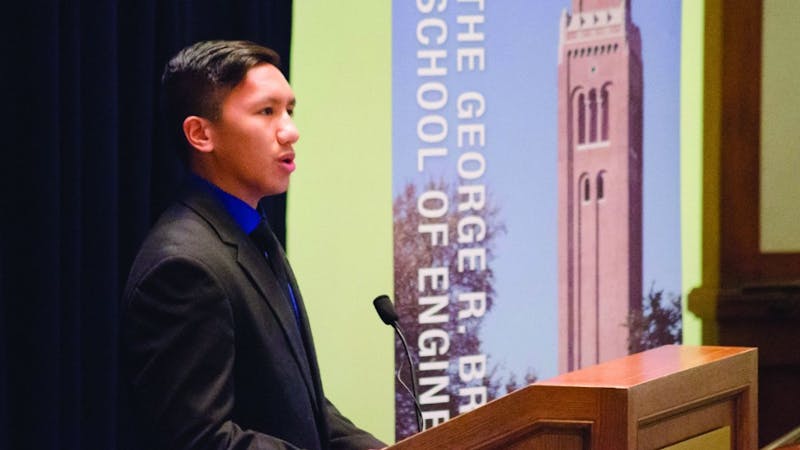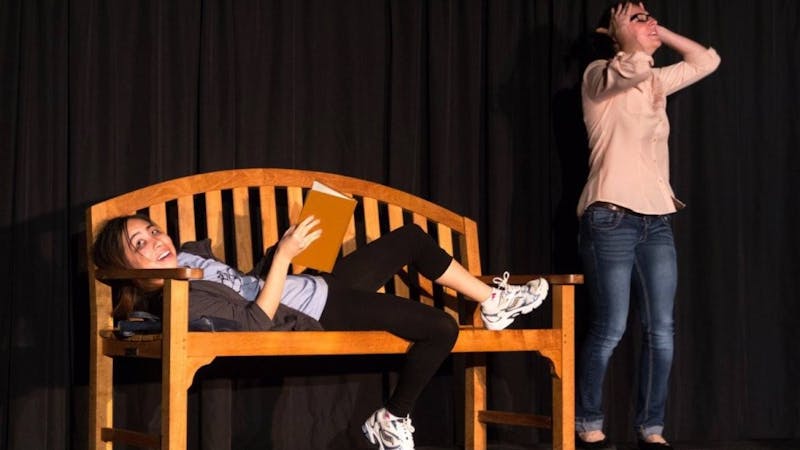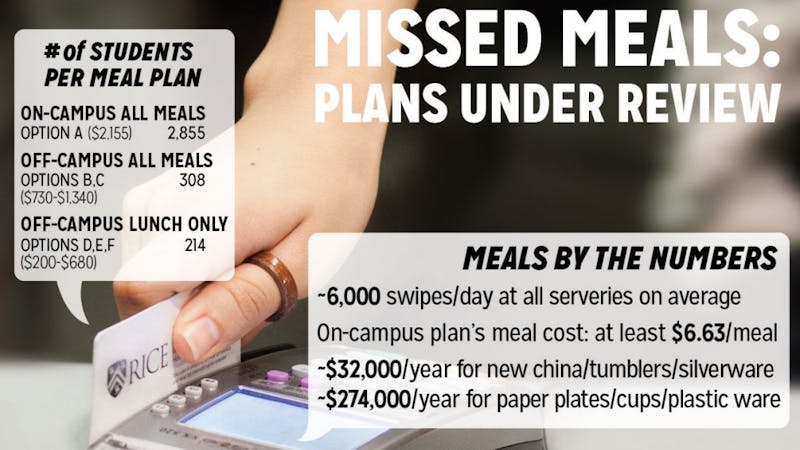
Homecoming Heartbreak: Nine-year homecoming winning streak comes to an end
On Homecoming 2015, the Rice University football team fell to the University of Southern Mississippi in a 65-10 defeat. The Golden Eagles were led by 386 passing yards and five touchdowns from junior quarterback Nick Mullens. The Owls’ senior quarterback Driphus Jackson was sacked five times in the first half and replaced by redshirt junior Tyler Stehling at the end of the second quarter. The homecoming loss dropped the Owls to 4-6 (2-4) on the season and extended the team’s losing streak to three games.The Owls received the opening kickoff and were able to pick up a first down courtesy of a 16-yard run from redshirt junior running back Darik Dillard, though this would be their only first down of the opening quarter. The Owls and the Golden Eagles traded punts on their opening drives, after which Mullens hit sophomore running back Ito Smith for a 28-yard touchdown pass. While the Owls forced Southern Mississippi to punt on their following drive, the Golden Eagles would find the end zone on the following possession courtesy of a fake field goal. Junior punter Tyler Sarrazin found redshirt sophomore lineman Xavier Thigpen for a touchdown that was the turning point of the game. These scores initiated the beginning of a blowout. The Owls’ inability to get on track offensively and defensively eventually led them to a 58-0 fourth quarter deficit and a devastating defeat.The Owls did attempt to turn the blowout around. Redshirt senior quarterback Driphus Jackson was pulled out of the game with his team down 28-0, having just lost a fumble and not having completed any of his eight pass attempts. The Golden Eagles racked up 682 yards of offense to Rice’s 214, gained 26 first downs to Rice’s 15 and possessed the ball for just over 31 minutes of the game. Most notably, however, Southern Mississippi set a school record by putting up an impressive 35 points in the second quarter alone, effectively deciding the game long before the final whistle.Predictably, Head Coach David Bailiff was disappointed with his team’s poor showing, and said the team’s performance can be blamed on the coaching staff.“It starts with me,” Bailiff said. “This is an embarrassing loss. We’re going to keep analyzing everything that we do from top to bottom in this program. We didn’t get to three bowl games from being bad coaches, but every year is a different year and every year is a new set of problems and we’ve got to figure out solutions to what’s happening to us.”The Owls were penalized seven times for 67 yards in the game. Bailiff said he was upset with the team’s lack of discipline and eventually changed quarterbacks to try to light a spark.“We start the game with a penalty,” Bailiff said. “Then we get a nice run from [redshirt freshman] Austin Walter on the perimeter and we get a penalty. We can’t do that, we don’t have that margin for error. When I took [Jackson] out, I was hoping Tyler [Stehling] could stimulate it and get it going.”During the postgame press conference, Bailiff said he was particularly frustrated with his team’s poor tackling on defense. According to Bailiff, the Rice team wasn’t playing with a team mentality.“Some of those missed tackles tonight weren’t missed tackles,” Bailiff said. “It’s because we tried to hit them so hard we didn’t wrap up and tackle. That’s not what we work on. We work on tackling. And when we start to put this team first and tackling instead of trying to get the big hit, then we won’t have as many missed tackles. It’s not a team-first attitude, and that’s my biggest frustration at this time.”The Owls are now 4-6 on the season with upcoming games against the University of Texas, San Antonio and the University of North Carolina, Charlotte on the schedule. They will need to win both games to qualify for a fourth consecutive bowl game. While both opponents are not of Southern Mississippi’s caliber, it remains to be seen if Rice can recover from the 55-point loss in time to salvage what remains of their season.While Bailiff and his team are undoubtedly frustrated and unhappy with these recent performances, he said they are prepared to do whatever is necessary to rectify a turbulent situation.“We’ve been a winning football team around here,” Bailiff said. “We’ve got to take this frustration and anger in our stomach and turn it into something positive on the football field. We’re going to get this figured out as a team, as a coaching staff, and it’s something I believe we can do.”The Owls will look to snap a three-game losing streak and move to 5-6 (3-4) in a matchup against UTSA in the Alamodome on Saturday, Nov. 21 at 6 p.m.





